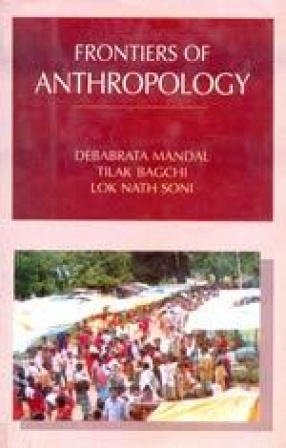
Showing all 6 books

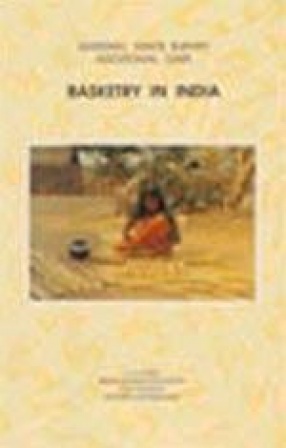
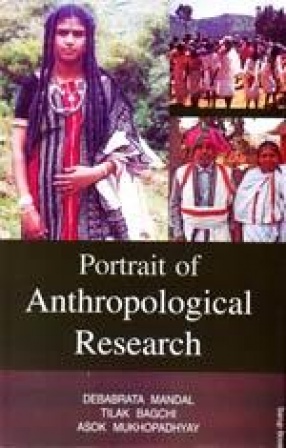

Anthropology emerged in India as a colonial heritage mainly to understand the manners and customs of the so called 'other cultures'. Thus, pre-independent Indian anthropology to some extent was synonymous to tribal ethnography. In the fifties, Indian anthropology extended its horizon by incorporating studies in the realm of village, urban and complex societies that obviously incorporated non-tribal communities at one hand and Indian civilisation, sacred ...


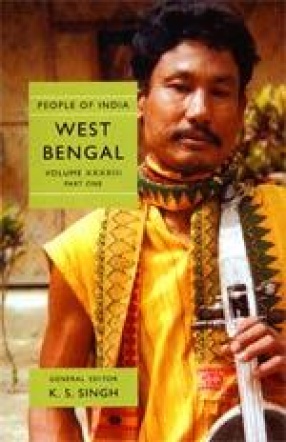
The Anthropological Survey of India launched the People of India project on 3 October 1985 to generate an anthropological profile of all communities of the country. It also recorded the impact of development programmes on these communities and the links that bring them together. The ethnological survey of all 203 communities in West Bengal was taken up for the first time with help local scholars. The results of this survey were discussed at work-shops held in ...
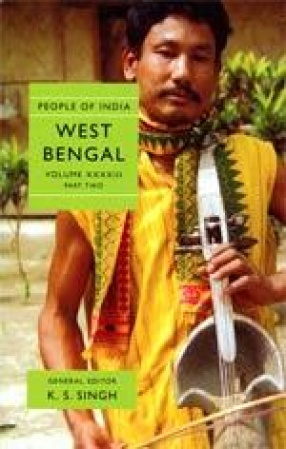
The term Bangla or Bengal came into existence some time around 1000 BC. The Bengal region has remnants of continuous human habitation from Palaeolithic to historic periods; historic and linguistic evidences suggest that early settlers were speakers of Dravidian, Tibeto-Burman and Austro-Asiatic languages with the Indo-Aryan speakers coming later. Since the tenth century BC, the kingdoms and janapadas have been governed by Buddhist, Hindu and Muslim rulers. The ...

Indian anthropology is the gift of British colonialism. British anthropologists and scholars tried to understand social system of the so-called 'other cultures'. Until 1947 there was a wide belief that anthropologists were concerned only with the study of primitive or tribal people. After independence with the introduction of anthropology in many Indian universities and academic institutions, interaction of anthropologists with foreign scholars, growing interests ...
